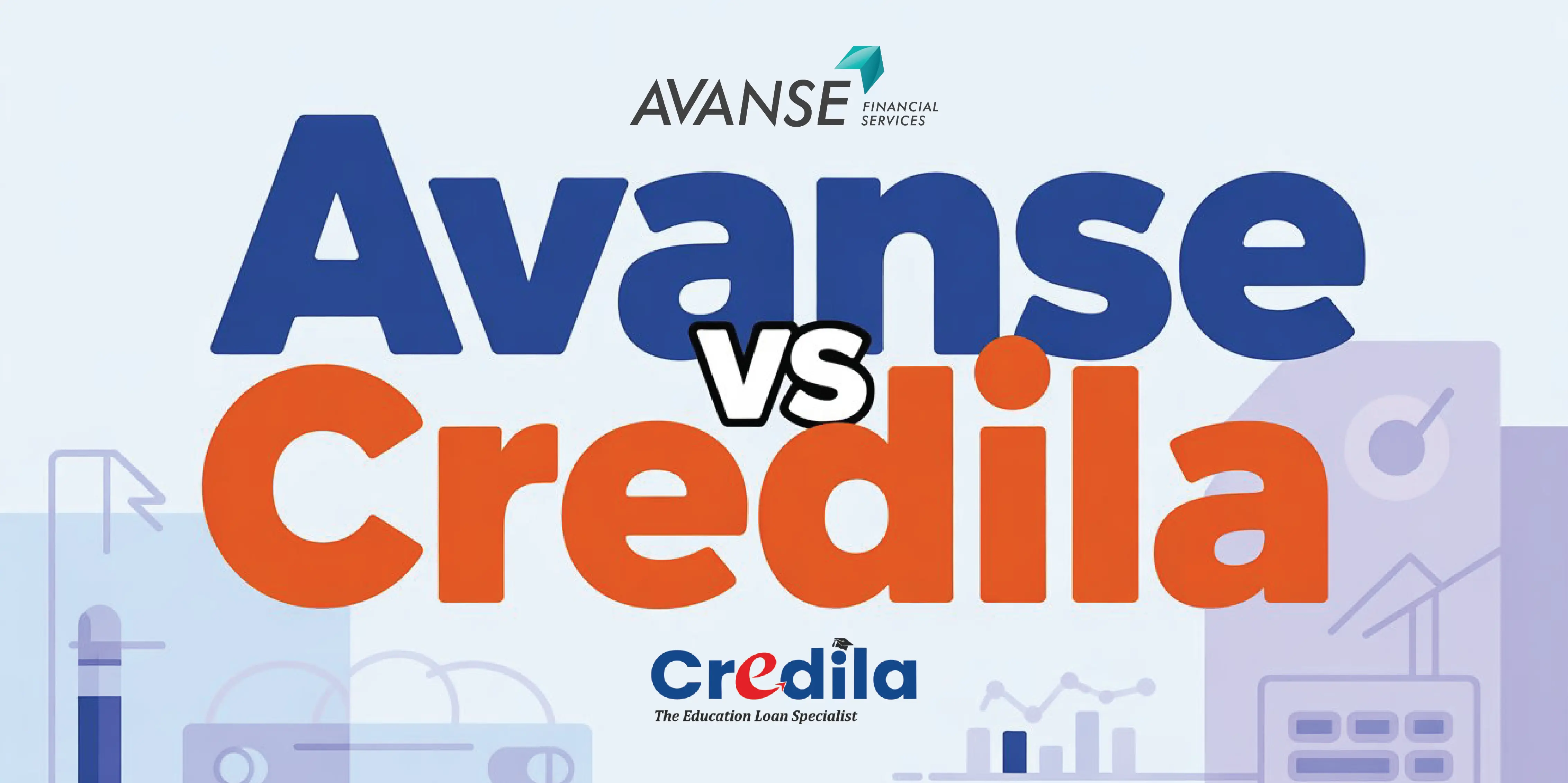https://www.wemakescholars.com/blog/new-tax-on-foreign-remittance-all-you-need-to-know
Understanding Tax Implications for Foreign Education Remittances in 2025
Abroad Education Loan | Updated on ()

HEST 2026
India's Largest Higher
Education Scholarship Test
Total Scholarships up to 2 Cr
Know more and Apply
Registrations close in
Introduction to Foreign Remittance Tax for Education
Foreign remittances are integral to the modern global economy, serving as a means for individuals to support family members overseas or engage in international business activities. Understanding the tax implications associated with these transactions is paramount.
Two key aspects to consider are Tax Collected at Source (TCS) and the Liberalised Remittance Scheme (LRS). TCS involves the collection of tax by the payer, typically a bank or financial institution, at the time of certain payments, particularly for outbound transactions. On the other hand, LRS enables resident individuals to remit a specified amount of money abroad for purposes like education, travel, or investment.
The amendments have set a 20% TCS rate on foreign remittances exceeding Rs 7 lakh under the LRS. Failure to provide PAN details maintains this rate. The Finance Bill, presented annually by the government, proposes changes to tax laws, while the subsequent Finance Act enacts these provisions for a fiscal year.
It is crucial for individuals making remittances, businesses engaged in cross-border payments, and LRS participants to understand and adhere to TCS requirements when planning their financial transactions.
Overview of Tax Collection Source (TCS)
The Liberalised Remittance Scheme (LRS) permits Indian residents to send money abroad for various reasons, including education. When the foreign remittances are below ₹7 lakh, no Tax Collected at Source (TCS) is imposed. This exemption means that if parents are sending money overseas for their child's education and the annual remittance remains under this threshold, no TCS is applicable.
However, in cases where remittances are not backed by an education loan and are solely for educational purposes, they attract a TCS at a rate of 5% if the amount surpasses ₹7 lakh in a financial year.
And if the remittances are supported by an education loan paid abroad, there will be no TCS enforced even if the amount exceeds ₹7 lakh. This provision ensures that students relying on education loans are not burdened with higher TCS rates.
Changes in TCS Rates in 2025:
The recent budget brought about significant alterations to the TCS rate for foreign remittances under the LRS. The TCS rate for specific transactions has been raised from 5% to 20%.
However, there is a crucial exception: this elevated rate will not be applicable to expenses associated with education and medical purposes. And the TCS on education loans has been reduced from 0.5% to 0% in 2025. Consequently, any remittances for direct educational expenses such as tuition fees and accommodation will continue to benefit from concessional TCS rates.
On the other hand, expenses linked to the living costs of students studying abroad, which do not fall under direct educational expenses, will be subject to the higher TCS rate of 20%. It is imperative for parents to demonstrate that the funds sent are specifically designated for educational purposes to avoid any complications related to TCS rates.
Impact of Increased Tax Rates on Outbound Remittances
The Indian government’s decision to raise the tax rate on outbound remittances from five percent to 20 percent has significant implications for Indian students sending funds overseas. Here are the key points:
Higher Financial Burden:
- The 20% tax rate on outbound remittances significantly increases the financial burden for parents sending money abroad for their child's education.
- Previously, the tax rate was 5%, but the recent change has raised it substantially.
Reduced Disposable Income:
- Indian students planning to study abroad will have less disposable income due to the higher tax deduction.
- This reduction affects their ability to cover living expenses, tuition fees, and other essential costs.
Strategic Financial Planning:
- Students must strategically plan their remittances to minimize the impact.
- Considering the exemption for educational expenses, they should allocate funds wisely.
Long-Term Effects:
- The increased tax rates may discourage some students from pursuing higher education abroad.
- It could lead to a shift in destination choices or alter the duration of study programs.
Consulting Financial Advisors:
- Indian students should seek advice from financial advisors to navigate the new tax landscape effectively.
- Understanding the implications and planning accordingly is crucial.
Foreign remittance under the Liberalised Remittance Scheme (LRS) include:
- Foreign investments
- Education out of India
- Medical treatment
- Family maintenance
Understanding the Liberalised Remittance Scheme (LRS)
The Liberalised Remittance Scheme (LRS), established by the Reserve Bank of India (RBI), plays a crucial role in facilitating financial transactions for resident individuals (including minors) who wish to remit money abroad. For students, this scheme is particularly relevant when transferring funds for education-related expenses.
Under LRS, Indian students can freely remit up to USD 250,000 per financial year. This amount covers permissible current or capital account transactions, including overseas education fees, medical expenses abroad, living expenses for students studying abroad, and gift remittances.
The flexibility of the scheme allows students to utilize the USD 250,000 limit in a single forex transaction or across multiple transactions during the financial year. It provides a convenient way to manage expenses related to education and living abroad.
For minors, their natural guardian must sign the LRS declaration form (A2 Form) if they are the remitter. This ensures compliance with regulatory requirements.
However, certain activities are explicitly prohibited under LRS. These include remittance for lottery tickets, foreign exchange trading, lottery winnings, income through hobbies, and illegal magazines or sweepstakes.
The LRS limit has evolved over time due to economic factors. Initially set at $200,000, it was later reduced to $75,000 and subsequently increased to the current $250,000
How to claim the tax refund?
As an Indian student pursuing higher education overseas, you may be eligible for a tax refund on certain foreign remittances made by your parents or guardians. To ensure a smooth process, follow these steps:
- Eligibility: You must have been a resident of India during the financial year preceding the one in which the remittance was made.
- Remittance types: The refund applies to tuition fees, hostel accommodation charges, examination fees, library fines, purchase of books, and other expenses directly related to education.
- Documents required: A copy of Form 15CA, Form 15CB, proof of payment, bank statement showing transfer of funds, and educational institution's certificate confirming the purpose of expenditure.
- Filing deadline: File Form 15CA within six months from the end of the financial year in which the remittance is made.
Tax Deducted at Source (TDS) exemption: If TDS has already been deducted, submit Form 15G or Form 15H if you are below 60 years old, or Form 15HA if above 60 years old. - Refund amount: The refund will cover the TDS amount plus interest accrued as per the prevailing rate under Section 89(1).
- Mode of filing: Submit Form 15CA along with supporting documents online through the e-filing portal.
Certain exceptions on TCS:
Firstly, if you receive a scholarship from a recognized educational institution abroad, no TCS is applicable on that amount. Secondly, if your total annual income does not exceed INR 2 lakhs, you can claim an exemption from TCS on tuition fees paid by your parents or guardians. Thirdly, if you have already deposited the equivalent amount of TDS (Tax Deducted at Source) in your NRE account before making the payment, then no additional TCS will be levied.
Things to keep in mind while you claim for the tax refund:
- Adjust the TCS amount towards your other tax liabilities
- If you’re unable to adjust the TCS amount, you can claim a refund to your account directly
- Any TCS paid for foreign remittance will be reflected in Form 26AS of the remitter
- You will get a TCS certificate from the financial institution or Forex Company that collected the tax
- For salaried employees, you can provide the certificate of TCS to your employer, as it will help them claim the refund during the time of annual tax filing
- For self-employed remitters can adjust other tax liabilities or can get a refund of it.
TCS will increase the cost of foreign remittance, as well as the cost of foreign travel; you can recover the cost of TCS by claiming the TCS as tax credit while filing your Income Tax Return.




Kindly login to comment and ask your questions about Scholarships & Education Loans